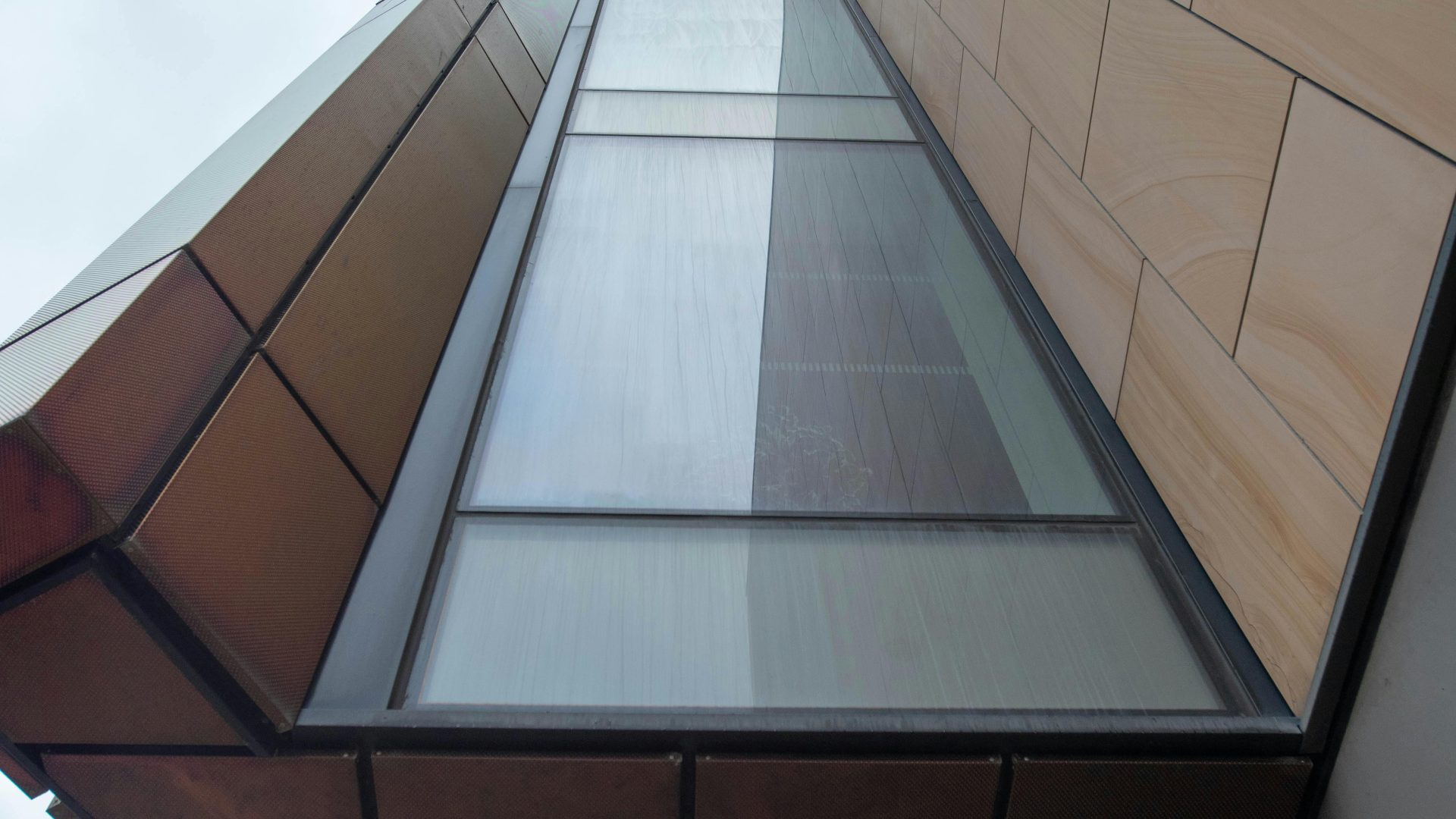A Compilation of UFO Insiders with Paranormal Beliefs
It’s become increasingly clear that some of the most reputable figures in the UFO community hold unconventional beliefs beyond their work in that field. Below is a list of notable individuals whose claims extend into the realm of the paranormal:
- Jay Stratton
Formerly the Director of the UAP Task Force (UAPTF) and an intelligence officer involved with AAWSAP and AATIP, Stratton played a role in investigating Skinwalker Ranch, known for its strange and largely unverified paranormal phenomena.
Claims of “Werewolf-like Entities”:
Stratton has reported encounters with large, bipedal wolf-like creatures at Skinwalker Ranch. These claims mirror folklore and urban myths and lack any credible biological or forensic evidence to support the existence of such beings in the Utah area.
Focus on Paranormal over Scientific Inquiry:
Instead of concentrating solely on the aerospace and defense aspects of UAPs, Stratton has entertained supernatural theories that blur the line between folklore and legitimate military intelligence.
- Lue Elizondo
As the former Director of AATIP, Elizondo led the Pentagon’s investigations into UFOs and has been a prominent advocate for UAP disclosure. However, his comments regarding paranormal phenomena raise concerns about his empirical credibility.
Orb Sightings in His Home:
Elizondo asserts that orbs of light began appearing in his home following his UFO investigations. Such claims are common in paranormal discourse but lack objective validation. The “hitchhiker effect,” which suggests that UFO witnesses may continue to experience supernatural occurrences, has never been rigorously tested.
Involvement in Remote Viewing:
Elizondo has acknowledged participating in a classified remote viewing experiment, wherein he allegedly identified a terrorist target using psychic ability. Remote viewing was a component of Project STAR GATE, a Cold War initiative that was ultimately discontinued due to its lack of scientific support. The CIA’s evaluation of this program found it ineffective for intelligence gathering, yet Elizondo continues to promote similar concepts.
- Tim Gallaudet
A retired U.S. Navy Rear Admiral and former NOAA administrator, Gallaudet champions UAP disclosure, even as his beliefs in psychic phenomena diverge from empirical science.
Claims of His Daughter’s Psychic Abilities:
Gallaudet has claimed that his daughter possesses precognitive abilities, enabling her to foresee future events. This assertion lacks validation from any scientific literature.
- Garry Nolan
A respected immunologist from Stanford and a prominent figure in UFO research, Nolan has ventured into unconventional territory by endorsing theories without empirical backing.
Childhood Extraterrestrial Encounter:
Nolan recounts an encounter as a child with a short, gray entity in his room. Initially dismissing it as a dream, he later believed it to be a real extraterrestrial or interdimensional being. This claim is entirely anecdotal and lacks supporting evidence—a recurring issue in many UFO narratives.
- Hal Puthoff
A physicist specializing in exotic propulsion and zero-point energy, Puthoff has also championed dubious paranormal research. He has been influential in AATIP, AAWSAP, and the CIA’s STAR GATE program, all of which have drawn criticism for their lack of scientific rigor.
Background in Scientology and Pseudoscientific Influences:
Puthoff was a prominent member of the Church of Scientology, attaining Operating Thetan Level VII, which promotes the idea that individuals possess superhuman mental capabilities. This belief system emphasizes psychic powers, telepathy, and non-physical entities, aligning closely with some of Puthoff’s research pursuits. His early studies in remote viewing were significantly influenced by Scientology, raising questions about his scientific objectivity.
- Jim Lacatski

Your post raises an intriguing topic about the intersection of UFO research and paranormal claims made by credible insiders. It’s essential to scrutinize these figures and their assertions, as it can help the broader community discern between substantiated claims and those rooted in more speculative or fantastical beliefs.
Jay Stratton: Your mention of the blurred lines between paranormal investigation and military intelligence serves as an important cautionary note. It’s crucial to maintain a rigorous scientific approach, especially when dealing with phenomena that could have significant national security implications.
Lue Elizondo: The “hitchhiker effect” is an interesting concept in UFO discourse, but as you pointed out, it remains largely anecdotal. His claims about orbs and remote viewing certainly invite skepticism, particularly given the historical criticisms of the latter’s efficacy as a genuine intelligence tool.
Tim Gallaudet: Claims about psychic abilities, especially those tied to family members, can be particularly difficult to assess since they often rely on personal belief systems rather than empirical evidence. Your analysis on the lack of scientific validation is spot on.
Garry Nolan: His childhood account is compelling yet highlights the importance of objectivity in scientific inquiry. Personal experiences should not overshadow the need for rigorous evidence-based research.
Hal Puthoff: The influence of Scientology on Puthoff’s research raises significant ethical questions. If one’s scientific work is intertwined with unproven metaphysical beliefs, it can obscure objectivity in research endeavors.
Jim Lacatski: The funding dynamics you describe illustrate how easily paranormal research can be conflated with serious national defense issues. It raises valid concerns about resource allocation that prioritize sensational anecdotes over grounded scientific exploration.
Creating a running list of individuals who blend credible insider status with paranormal claims could indeed serve as an important resource for critical thinkers concerned about the integrity of UFO research. By documenting these intersections, we can foster more informed discussions about the nature of UAPs and the motivations behind their study. Your emphasis on the need for a critical lens is essential in navigating this complex landscape.